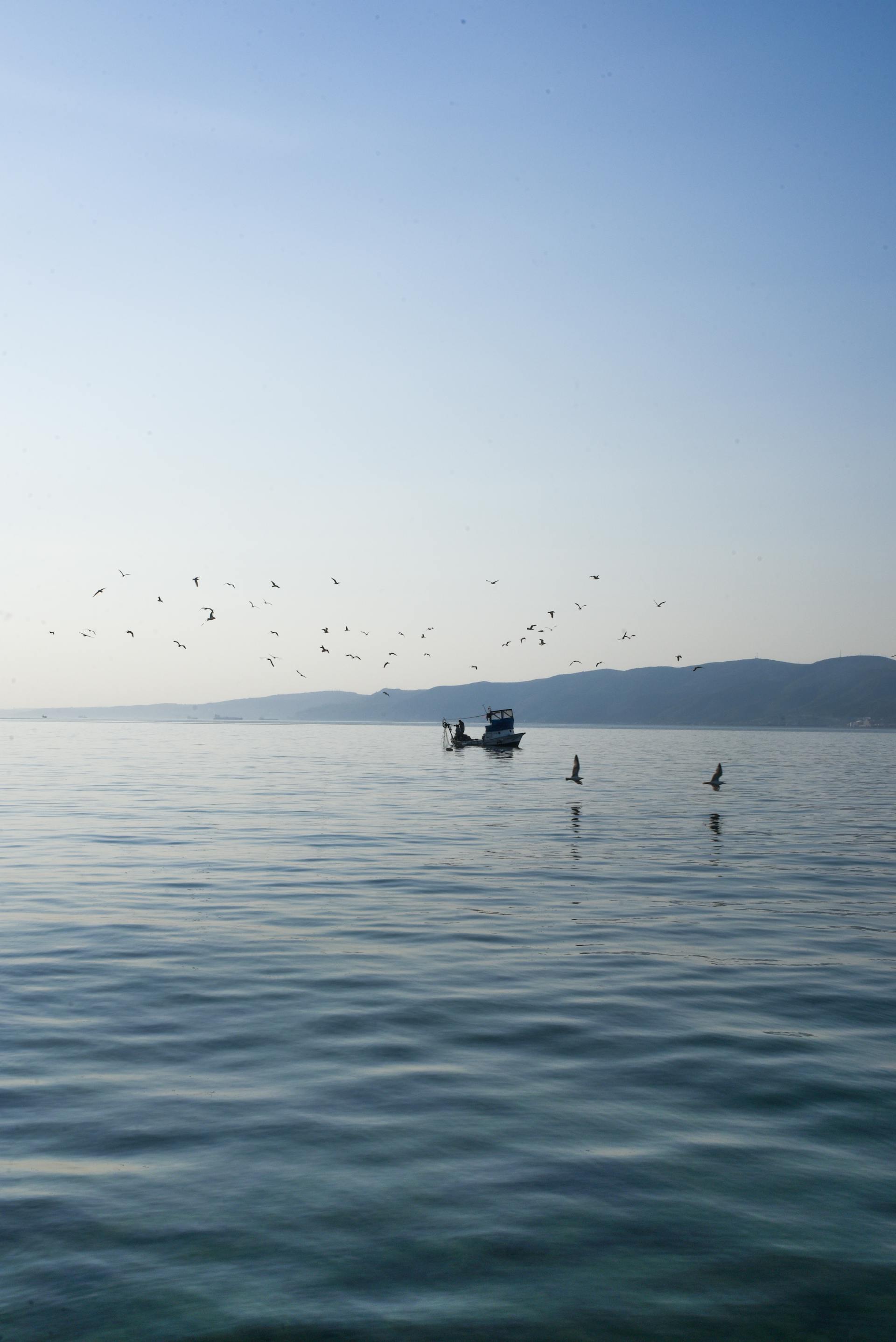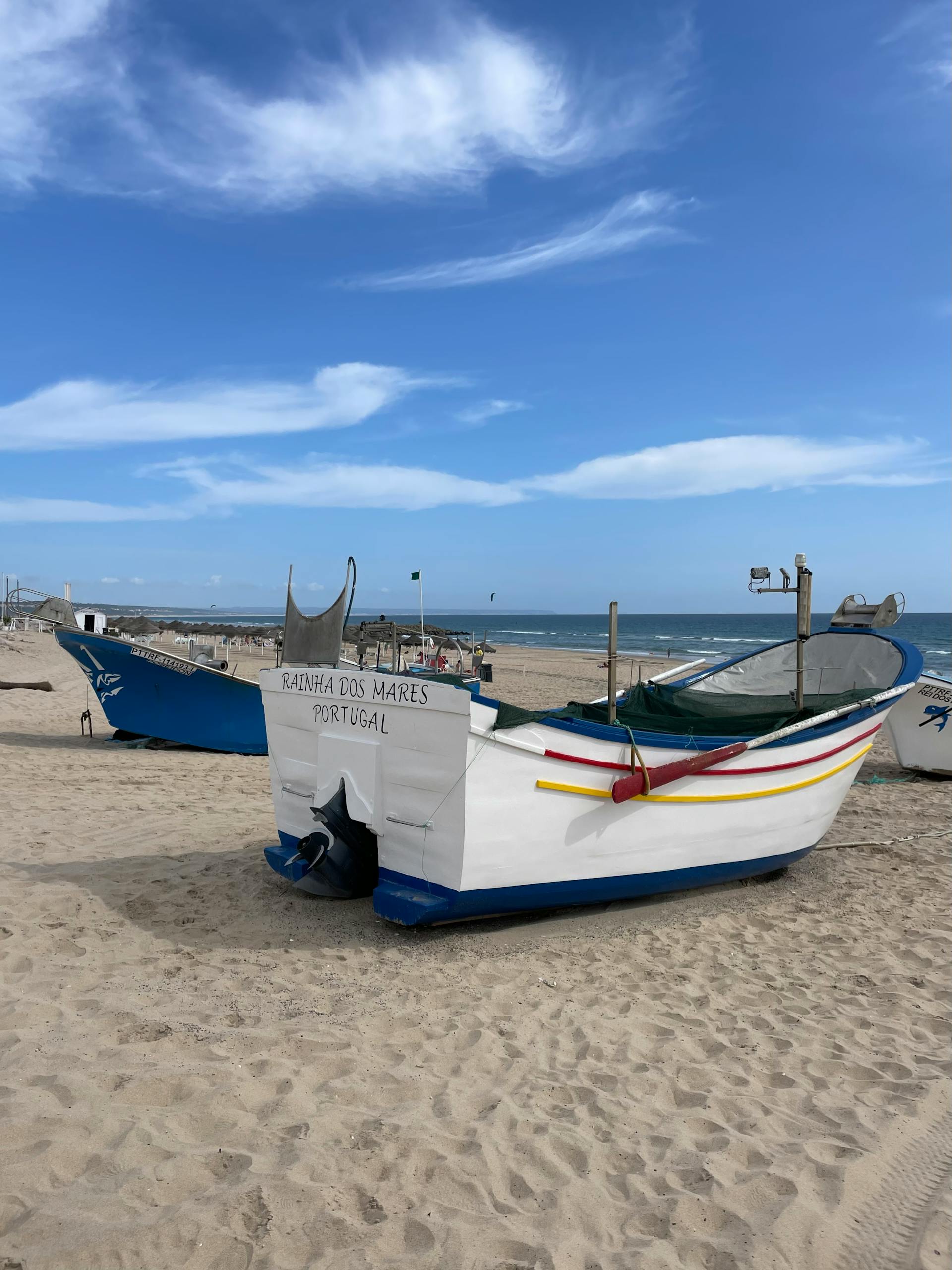
Sardines are not only tasty, but also very useful, as they contain:
- A source of Omega-3 fatty acids – these fatty acids are essential for heart health and help reduce inflammation in the body, helping to ensure a longer and healthier life.
- High in Protein – Protein is an essential ingredient for muscle growth and recovery, especially after injury or intense exercise. Sardines are a great choice for those who want to maintain or build muscle.
- A source of calcium and vitamin D - these two components are integral elements in maintaining bone health, helping to prevent osteoporosis and other diseases affecting the bone system.
- Vitamin B12 is essential for our nervous system and energy production. Sardines provide an abundance of this important vitamin, which helps prevent fatigue and lack of energy.
- A variety of minerals - sardines contain selenium, phosphorus and potassium, which not only strengthen the immune system, but also maintain electrolyte balance, which is important for the functioning of every body.
- Vitamin B3 (Niacin) - helps regulate blood cholesterol levels and improves metabolism, providing more vitality and energy.
- The source of vitamin E is an antioxidant that protects cells from damage caused by free radicals, slows down the aging process and improves health.
- An abundance of iron is an important element that ensures the transport of oxygen in the blood and maintains good energy levels and endurance.
People seeking health and wellness should include sardines in their diet plan as a delicious and healthy choice. Sardines from Portugal are not only a delicious dish, but also a guarantor of your health.

Sardines are one of the most sustainable fishing methods:
- Stable populations and rapid regeneration : Sardines are distinguished by their high reproductive rates and constantly renewing, stable populations, so their fishing does not have a large negative impact on marine ecosystems, as can be the case with other marine animal species.
- Lower level of the food chain : Sardines occupy a lower position in the marine food pyramid, feeding on plankton and small organisms. This means that the role of sardine fishing in the food chain is less damaging to the marine ecosystem.
- Sustainable fishing methods : Many sardine fishing techniques, such as purse seining or trawling, are much less invasive and have less impact on marine animal populations than other forms of fishing.
- Minimal processing : When canning sardines, minimal processing methods are often used, resulting in the preservation of the fish's natural flavor and nutrients, relatively low energy consumption in the processes, and minimal production waste
- Regulated fishing practices : Sardines are fished under strict regulations, including quotas and seasonal restrictions, to ensure sustainable use of the fish stock. Some brands of canned sardines are certified by the Marine Stewardship Council (MSC), which guarantees that the fishery meets high standards of sustainability.
- Economic contribution to local communities : Sardine fishing is an important source of livelihood for many coastal communities around the world. Sustainable management ensures the long-term viability of fisheries and contributes to the well-being of local economies and communities.


